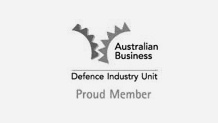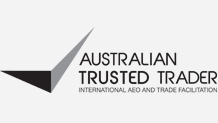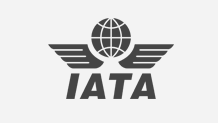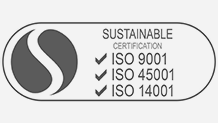Fracht Australia News - November 2018
1/11/2018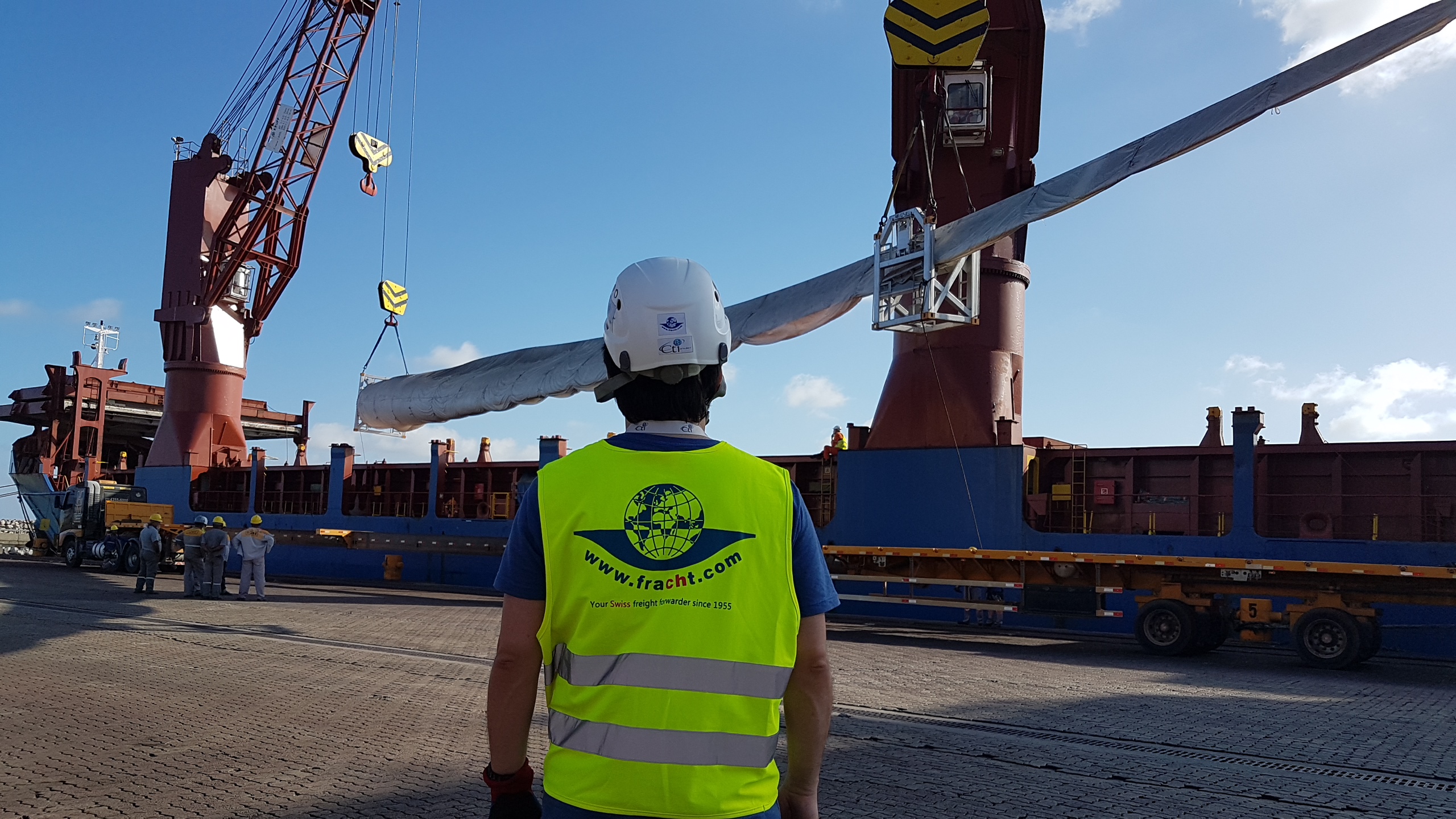
“It’s all right to forget your mistakes……….if you remember their lessons.”
Anonymous
AROUND THE WORLD
CANADA: Thanks to improving water levels on the St. Lawrence River shipping lines have started to suspend Low Water Surcharges.
SOUTH AFRICA: The latest road transport regulations impose a maximum height of 4.3 metres for all vehicles except double decker buses. This would have resulted in a total ban for high cube containers on South African roads because they are approx. 60 cm higher than standard containers. After much lobbying and pressure from various stakeholders the Government has issued a moratorium allowing the use of high cube containers until 1 January 2020.
UK: Retailers in England potentially face weeks of delays in getting their Christmas stock onto shelves due to ongoing congestions and chaos in UK ports. The problems began months ago in Felixstowe and have meanwhile spread to other UK ports. These delays and diversion of ships are now also impacting on other European ports.
USA: In November 2016 Fracht acquired a commercial building in Lynbrook, NY and the renovations and fitouts were completed recently. The Fracht New York airfreight department, customs brokerage as well as the Omnitrans and Natural Nydegger teams have now relocated to the new address: 50 Broadway, Lynbrook, NY 11563. Congratulations on your new home!
VIETNAM: Further to our July newsletter we’d like to inform you that the temporary ban on plastic scrap and plastic waste imported to Vietnam has been extended until further notice.
SEAFREIGHT NEWS
- AAL SUCCESSFULLY EXECUTED THE FIRST EVER “VACUUM PAD” PIPE LIFTING TECHNOLOGY in Australia. The innovative multi-lift vacuum units were deployed in Darwin by the AAL partner Qube to discharge 24,996 steel coated pipes units on 11 October from the multi-purpose vessel “AAL Bangkok”. The total weight of the 18 metre long pipes was 13,386 tonnes. The new vacuum technology resulted in increased productivity, improved risk mitigation and cost savings.
- IN ORDER TO IMPROVE SCHEDULE RELIABILITY HAPAG LLOYD introduced an 11th ship into its Australia / New Zealand Service via Panama (ANP) in late October.
- MAERSK LINE CELEBRATED ITS 25TH ANNIVERSARY in Australia in early October. In 1993 the inaugural Maersk service provided a 10 day shuttle frequency to Japan and Korea with two 1,100 TEU (twenty foot equivalent unit) vessels. Today the largest Maersk vessels calling Australian ports have a capacity of 7,000 TEU and they make in excess of 1,000 calls per year around the Australian coast. During the last 25 years Maersk carried more than 3.5 million containers to / from Australia.
- STEVEDORE DP WORLD AUSTRALIA HAS ANNOUNCED SIGNIFICANT INCREASES of its Infrastructure Access Charge for road and rail operators and its Vehicle Booking System in all Australian ports. The higher fees will be implemented on 1 January 2019.
- IN CONNECTION WITH THE NEW 0.5% SULPHUR CAP most of the major container shipping lines have followed Maersk’s lead (Fracht October newsletter) by announcing their own version of surcharge calculation to compensate for the vastly increased fuel costs. Some estimates indicate that the reduction of the sulphur cap from 3.5 to 0.5% will increase bunker costs by 55-60% = approx USD 60 billion for the whole shipping industry in 2020. This translates into approx USD 160.00 per average 20 ft container trip.
- MOST CARRIERS HAVE ANNOUNCED OR IMPLEMENTED INCREASED BUNKER SURCHARGES in response to rising fuel costs.
- IN CONNECTION WITH THE IMMINENT PEAK SEASON most shipping lines have announced further rate increases.
AIRFREIGHT NEWS
- QANTAS WILL COMMENCE A NEW CODE SHARE AGREEMENT WITH KLM ON 1 November. This follows the recently announced code share agreements with Air New Zealand, Air France and Cathay Pacific.
- THE LATEST IATA FIGURES REVEAL THAT INTERNATIONAL AIRFREIGHT VOLUMES continue to grow at a moderate pace in August. Year to date for the first eight months of 2018 total international airfreight increased 4.2% and the Asia Pacific region achieved +4.0%.
- IATA RECENTLY RELEASED SOME INTERESTING FACTS ABOUT THE AIRLINE INDUSTRY: The global air transport sector directly employs approx 10 million people, and supports 65.5 million jobs and USD 2.7 trillion in global economic activity. With an open free trade approach this will grow to 97.8 million jobs and USD 5.7 trillion in economic activity by 2036. Air travel carries 35% of world trade by value (USD 6 trillion in 2017) but less than 1% by volume. 1,303 airlines fly 31,717 aircraft on 45,091 routes between 3,759 airports.
BROWN MARMORATED STINK BUG (BMSB)
In recent months we reported regularly about the disruption and problems caused to Australian (and New Zealand) importers by the BMSB in the current season which started on 1 September 2018 and ends on 30 April 2019. One of the main reasons for the vast increase of trouble is the fact that this year numerous European countries are deemed high risk whereas previously the BMSB only affected USA and Italy. Only a limited number of overseas providers are accredited for the treatment of the BMSB which has resulted in backlogs and very substantial additional costs, not only for the actual treatment but also for additional trucking charges, container detention etc. At the same time when importers chose to organise treatment locally – (where permissible) – they now find that local Australian providers are overbooked which again leads to significantly higher costs and delays. Generally only shipments arriving in containers (excluding open tops or flat racks) may be treated upon arrival. Break bulk and roll on/roll off cargo must be treated overseas. Container shipping lines will NOT accept open tops or flat racks without valid treatment certificates. There have been cases in the early stages where vessels were delayed in an Australian port due to open tops without treatment certificates. The units were rejected which required expensive restacking operations on the ship. Roll on /roll off carriers such as WWL or Hoegh have implemented a BMSB surcharge of USD 1.00 per freight tonne to cover additional costs such as increased surveying of cargo at origin, increased coordination and re-routing of cargo flows, segregation of cargo etc.. Finally there are also delays and queues at the Department of Agriculture and Water due to massive impact of cargo from high risk countries in spite of the fact that the DAWR has even resorted to welcoming back recently retired officers to assist.












